“A Rural Fairness Differential?” – Podcast Episode #6
Interview with Common Cause Oregon on a creative solution to the problem that some rural districts are unwieldy to represent.
by Peter Wagner, January 20, 2011
Host: Peter Wagner, Executive Director, Prison Policy Initiative
Guest:
Janice Thompson, Executive Director, Common Cause Oregon
January, 2011
Transcript:
- Peter Wagner:
-
Welcome to issues in prison-based gerrymandering, a podcast about keeping the Census Bureau’s prison count from harming our democracy. The Census Bureau counts people in prison as if they were actual residents of their prison cells, even though most state laws say that people in prison are residents of their homes. When prison counts are used to pad legislative districts, the weight of a vote starts to differ. If you live next to a large prison, your vote is worth more than one cast in a district without prisons. Prison-based gerrymandering distorts state legislative districts and has been known to create county legislative districts that contain more prisoners than voters. On each episode, we’ll talk with different voting rights experts about ways in which state and local governments can change the census and avoid prison-based gerrymandering.
Our guest today is Janice Thompson, the Executive Director of Common Cause Oregon, here to talk with us about her work on prison-based gerrymandering in Oregon and what she calls the rural fairness differential. Janice, thanks for being here today.
- Janice Thompson:
-
Well, thanks for the opportunity. This is an important topic and good to talk about.
- Peter Wagner:
-
Could you introduce yourself to the people listening and reading in on the internet and tell us about yourself and Common Cause and a little bit about your work there in Oregon.
- Janice Thompson:
-
Sure. Common Cause has a slogan that exemplifies what we do: holding power accountable. I have headed the Common Cause office here in Oregon for a little over a year, but before that had ten years working on democracy reform issues heading up a previous organization. I’m coming to this topic in two ways. One is that I got a chance in 2008, 2009 to do a major review of the wide range of opportunities out there to increase voter participation and involvement in the political process. In that context I came to review the range of issues related to prisoners and voting and learned about your organization and this topic of prison-based gerrymandering. The second angle was also work done by, at the time a state representative and now a state senator, Chip Shields, who has been leading this effort in the Oregon legislature. So those two factors merged together and I have been testifying in support of this legislation that was introduced by Mr. Shields.
Continue reading →
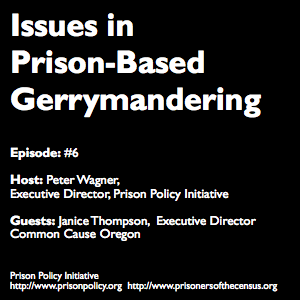 Play (17:02, 8.4MB)
Play (17:02, 8.4MB)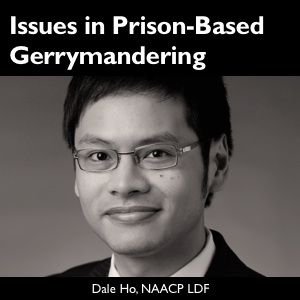 Play (14:47, 7.6MB)
Play (14:47, 7.6MB)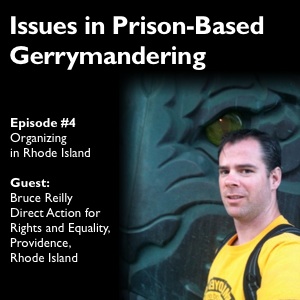 Play (21:24, 11.3MB)
Play (21:24, 11.3MB)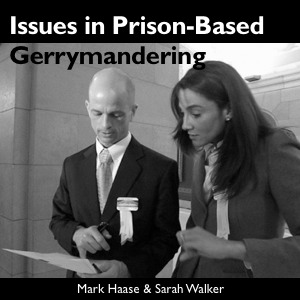 Play (11:09, 6.4MB)
Play (11:09, 6.4MB)
 Play (13:02, 6.6MB)
Play (13:02, 6.6MB)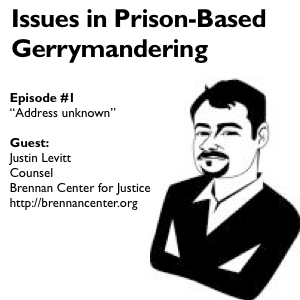 Play (20:37, 10.8MB)
Play (20:37, 10.8MB)


